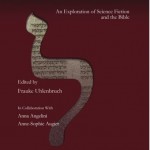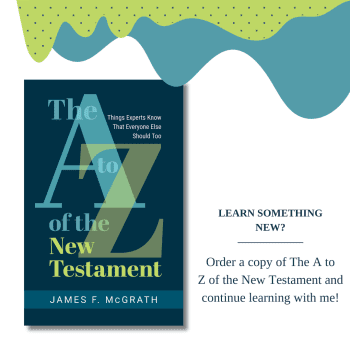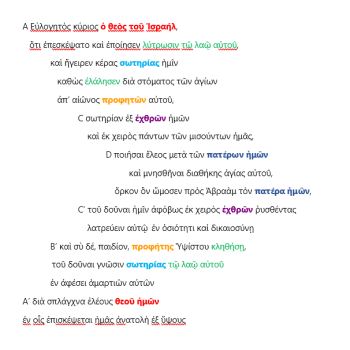The review I wrote of Nina Henrichs Tarasenkova’s book Luke’s Christology of Divine Identity has just been published in Review of Biblical Literature. Here is a brief snippet to whet your appetite:
Unfortunately, from early in the book readers will realize that they are dealing with the kinds of special pleading that have long characterized conservative evangelical writing on matters such as Christology…Henrichs-Tarasenkova’s treatment of the concept of “divine identity” fails to offer the elucidation that she had earlier indicated was needed (22–23). Once God is recognized as “the paterfamilias of a divine family” (82) and ancient views of family identity are brought into the picture, one simply cannot exclude or avoid the possibility that the one God could have been thought to adopt, create, or in any number of other ways bring about the state of affairs that there be a “Son of God” who shares in the divine functions, yet whose ontological status might in theory be that of exalted or divinized human, angel, an extension of the one God’s own person, or any number of other possibilities. Henrichs-Tarasenkova considers the possibility that Jesus held an exalted yet subordinate status second only to that of the one God (as argued for by Crispin Fletcher-Louis) unacceptable, not least because she is happy to speak of “Jews who under the strong influence of Hellenism were sympathetic to more inclusive monotheism” (85). On the one hand, the work of scholars ranging from Martin Hengel to M. David Litwa over the past several decades has shown that a simple dichotomy between Judaism and Hellenism is untenable, while, on the other hand, the case is not made in this volume that the author of Luke-Acts could not have been an individual “under the strong influence of Hellenism” and thus “sympathetic to more inclusive monotheism.” Be that as it may, the biggest problem is that Henrichs-Tarasenkova rejects the possibility that Jesus is appointed by God to serve as Son and/or agent and thus is identified with YHWH without being identical to YHWH, despite herself regularly writing about the relationship between God and Jesus in Luke-Acts in precisely the former terms.
Read the whole thing on the RBL website (subscription required).


















